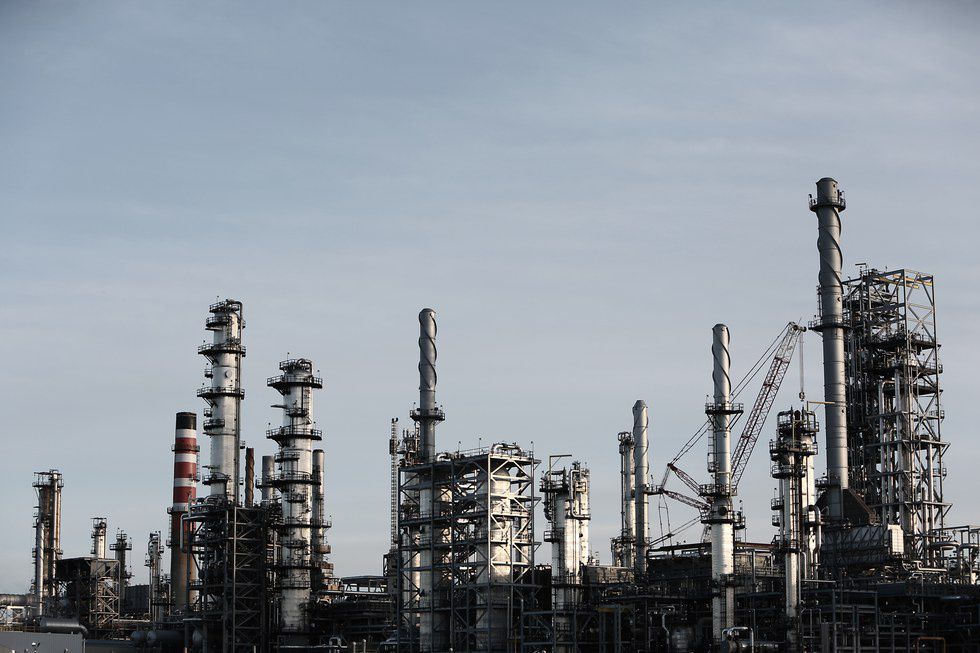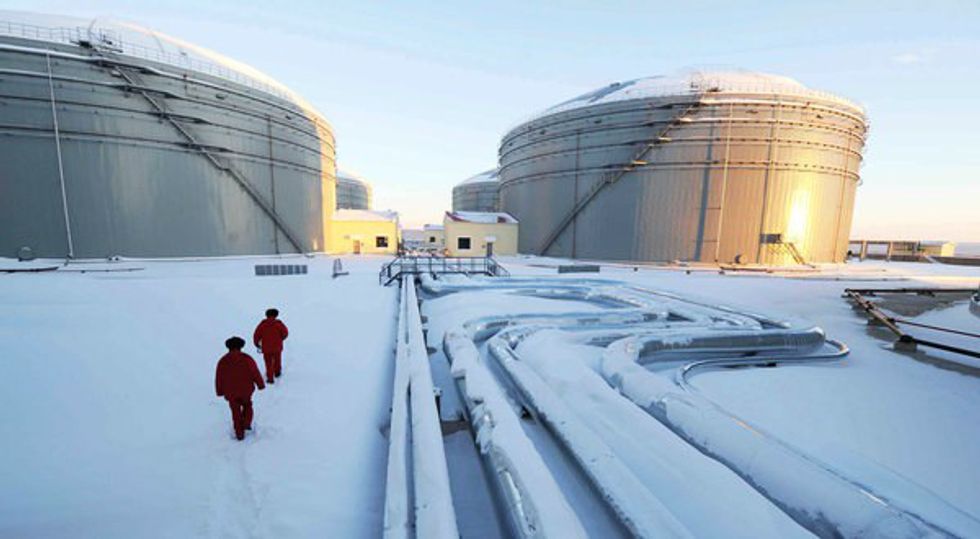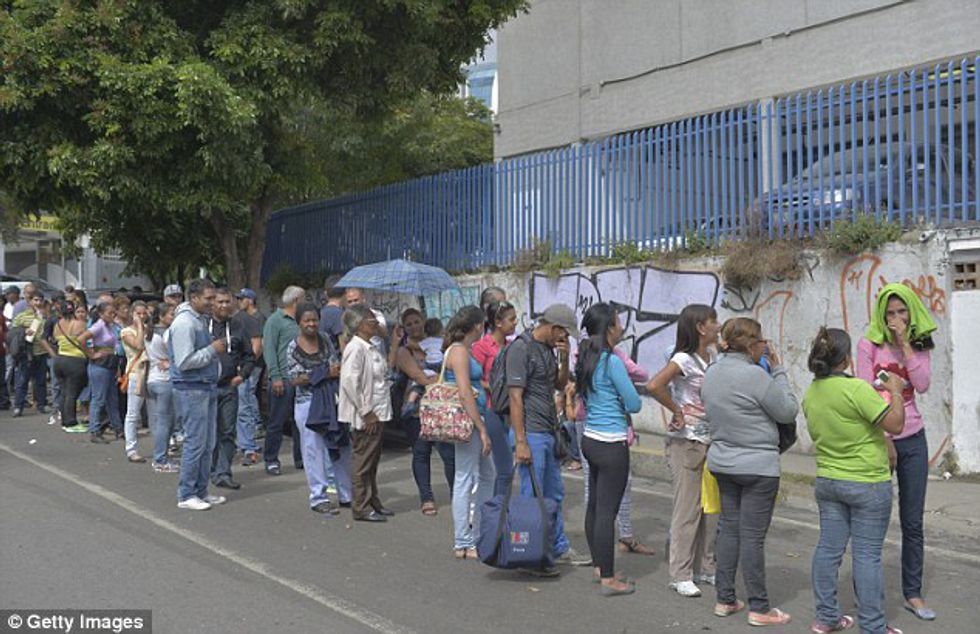We all shout “hip-hip-hooray!” when we see gas prices drop below $2, but is it really something to celebrate?
The truth of the matter is... what may be benefiting us here in the United States is not beneficial to other countries around the world.
I had the opportunity to talk with an experts in the field, David McCandless, who is dealing with the oil crisis daily in his country of residence and in his career. Here is what I learned after talking to him:
The crash in the oil market leads to drastic social change across the globe.
“In many developing nations and some rich nations (such as the Arabian Gulf) money from oil exports makes up a vast majority of the government budget. A large host of the oil money often goes to corrupt officials, specifically in West Africa, Nigeria and Equatorial Guinea. A minor sum of that money still trickles down to "the people." However, when oil prices plummet (like they are now) the few safety nets that many of these natives have had disappear.”
I asked, what does this mean for the locals?
Apparently, it is commonplace to find residents of these countries shifting into panic mode. It seems as though they would have to run to a substitute in order to reach any sort of suitable living environment without this major source of income for their economy.
Country by country, this is what it looks like...
Russia
(Russian Oil Industry, New York Times)
This country is now at war. The sanctions thrust upon them from the West have prevented Ukraine to interfere in the drop in oil prices. Therefore, their leader, Putin, has resorted to efforts like joining the war in Syria to unite the nation.
Arabian Gulf
There is a power struggle. The ruling families maintain their absolute monarchies by running welfare states (the people rely on the government for jobs, heavy subsidies, healthcare, everything) and if people step out of line, the government cuts off benefits for them AND all their family members. With the price of oil so low, the ruling family has cut back on handouts, leading to increased frustration from the people.
Venezuela
(Citizens waiting in line for food, Getty Images)
We see people spend the entire day waiting in line, merely to buy bread due to shortages and lack of employment.
Equatorial Guinea
Most residents live off of $2 a day! Declining oil production, coupled with lower prices, has led Equatorial Guinea’s economy to shrivel since 2013.
United States
It is estimated that in 2013, every 4th job created in Texas was related to the oil industry.
The oil industry is very capital-intensive. It doesn't directly provide many jobs. However, the jobs that it does provide are very well-paid and it requires a lot of supporting services. For example, the oil industry might bring in expert engineers, like the expert I spoke to, to drill wells because the locals do not have the skills/expertise necessary.
So, although this read does not provide you with a solution. I challenge you to consider...
What would you like to see America do?
What could you imagine being a solution to this ordeal?
It is a big issue and my goal is to simply bring your attention to it. So next time you go fill up at the gas station, and you are quick to celebrate the low expense, consider how this narrative could take a turn before it gets worse for all parties involved.























